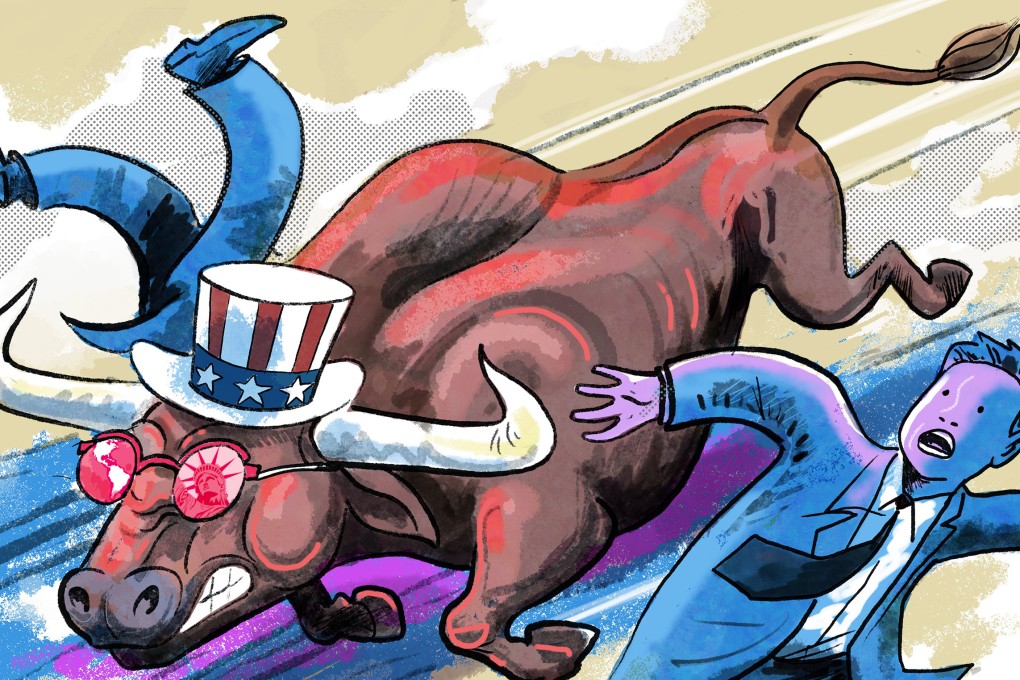Opinion | In the eyes of others, the US is not the benign power it thinks it is
- America’s foreign policy goals are often self-serving, while its designs for a rules-based international order primarily reflect the interests of its business and policy elites
- What’s good for the US may not be good for the world. The sooner Washington recognises that, the better

When I started teaching at Harvard’s Kennedy School in the mid-1980s, competition with Japan was the dominant preoccupation of US economic policy. The book Japan as Number One by Harvard’s premier Japan expert at the time, Ezra Vogel, set the tone of the debate.
I remember being struck back then by the degree to which the discussion, even among academics, was tinged by a certain sense of American entitlement to international pre-eminence. The United States could not let Japan dominate key industries and had to respond with its own industrial and trade policies – not just because these might help the US economy, but also because the US simply could not be No 2.
Until then, I had thought that aggressive nationalism was a feature of the Old World – insecure societies ill at ease with their international standing and reeling from real or perceived historical injustices. American elites, rich and secure, may have valued patriotism, but their global outlook tended towards cosmopolitanism.
But zero-sum nationalism was not far from the surface, which became clear once America’s place atop the global economic totem pole was threatened.
The US has responded to these developments by seeking to reassert its global primacy – a goal American policymakers readily conflate with that of establishing a more secure and prosperous world. They regard US leadership as central to the promotion of democracy, open markets and a rules-based international order.

